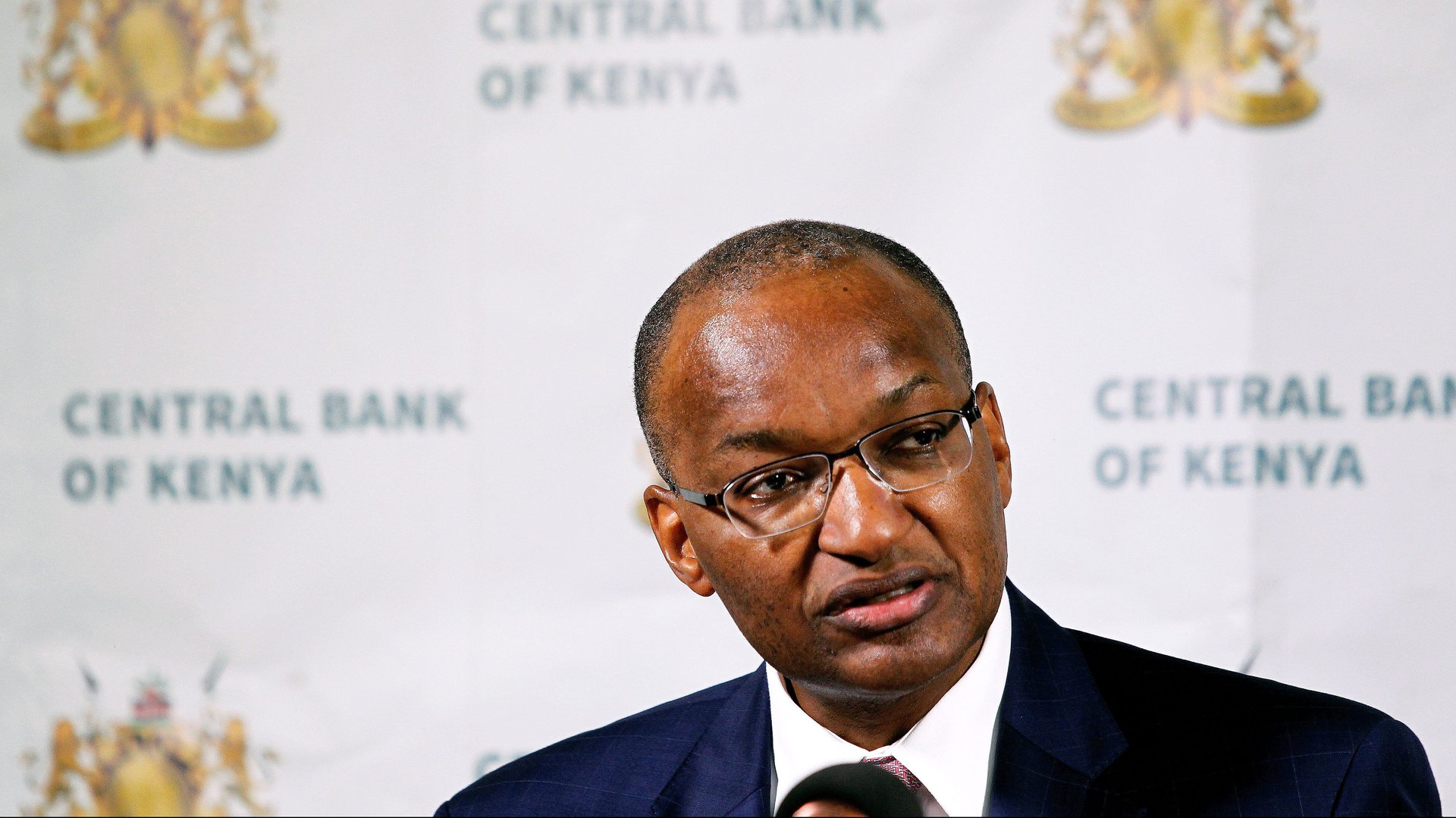Kenya is considering using a central bank digital currency
The Central Bank of Kenya (CBK) has issued a discussion paper assessing the applicability of a central bank digital currency (CBDC) in the country and seeking comment from the public on the technology. The move indicates that the country is considering adopting the technology but also raises questions on the effectiveness of having a CBDC in a country with a real-time payment system such as mobile money.


The Central Bank of Kenya (CBK) has issued a discussion paper assessing the applicability of a central bank digital currency (CBDC) in the country and seeking comment from the public on the technology. The move indicates that the country is considering adopting the technology but also raises questions on the effectiveness of having a CBDC in a country with a real-time payment system such as mobile money.
“Given the dominance of M-Pesa in the country, I think the key question is: What can a CBDC do that M-Pesa cannot?” Co-Pierre Georg, an associate professor at the University of Cape Town who researches CBDCs, tells Quartz.
As a global pioneer in mobile money with the M-Pesa wallet, Kenya has a huge and robust digital money market. The country had 68.03 million mobile money accounts as at Dec. 2021, mostly in M-Pesa.
The paper, released on Feb. 10, outlines the evolution of payments in Kenya and globally (pdf) and discusses new digital payment methods including electronic money, CBDCs, stablecoins, and other digital currencies.
“CBK has been closely monitoring these developments globally” the bank says in a press release.
What is a central bank digital currency?
A CBDC is a digital or virtual format of a country or region’s base currency. It is regulated by a central bank. As the world continues to accept digital payments, cryptocurrencies, and stablecoins, central banks globally are looking to adopt CBDCs.
In Africa, the technology could help reduce transaction costs in the continent’s huge remittance market — many Africans have embraced cryptocurrencies to cushion themselves from high transfer fees.
Nevertheless, generally, there are questions about CBDCs accessibility, privacy, and the model to use in their adoption.
CBDC versus cryptocurrency
Just like a cryptocurrency, a CBDC is a digital token. But while cryptocurrencies are stored on a decentralized blockchain network, a CBDC is issued and stored using a more centralized method.
Kenya is a world leader in mobile money
With Kenya already having set itself aside from the pack as a global leader in mobile money, the question on additionality of CBDCs is an important one.
According to Georg, who is also the research chair in financial stability studies at South Africa’s central bank, a CBDC has several advantages over M-Pesa. One is that allows the creation of “smart money”, for example “smart contracts” that can be used to create escrow contracts or rotating savings schemes. Another advantage, he adds, is that a CBDC can act as a bridge between traditional finance and all the new decentralized finance projects.
The Central Bank of Kenya sees opportunities and risks in a CBDC
The discussion paper by Kenya’s central bank says a CBDC in the country wouldn’t focus on enhancing access to financial services considering the high penetration of mobile money in the country. Instead, it would target cost reduction for transactions, payment interoperability between merchants and agents, and improving the efficiency—speed and cost—of cross-border payments.
Some of the opportunities the CBK sees in a CBDC include enhanced cross-border payments through regional and global integration and cooperation; and promotion of innovation, where an open CBDC platform could allow companies to innovate around CBDC-related payment services and also be able to re-innovate the payment services they provide to consumers.
One of the risks, on the other hand, is reduction in the use of banks in their role as intermediaries, because if significant deposit balances are moved from bank deposits to a CBDC, banks’ ability for credit creation could get constrained. Another risk is in tech, such as cyberattacks on CBDC infrastructure.
Many African countries are exploring CBDCs
Kenya is one of about a dozen African countries that are exploring CBDCs, according to a tracker by the Atlantic Council think tank. The number is increasing. On Feb. 9, Zambia said it anticipates to complete by the end of this year research to create a CBDC. Nigeria is the only African country that has launched a CBDC, which it calls the e-Naira.
Sign up to the Quartz Africa Weekly Brief here for news and analysis on African business, tech, and innovation in your inbox.